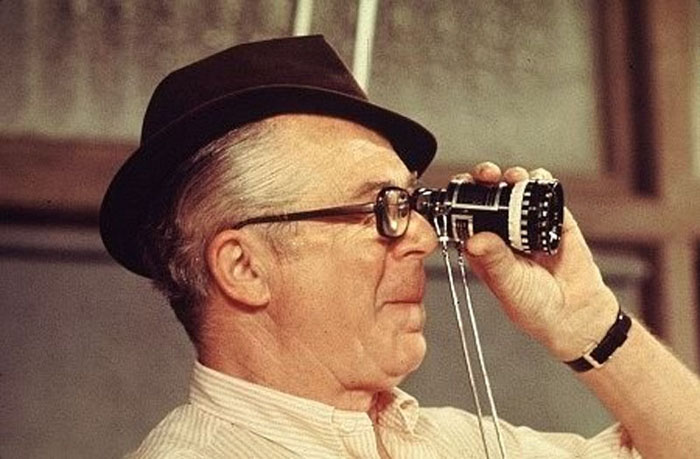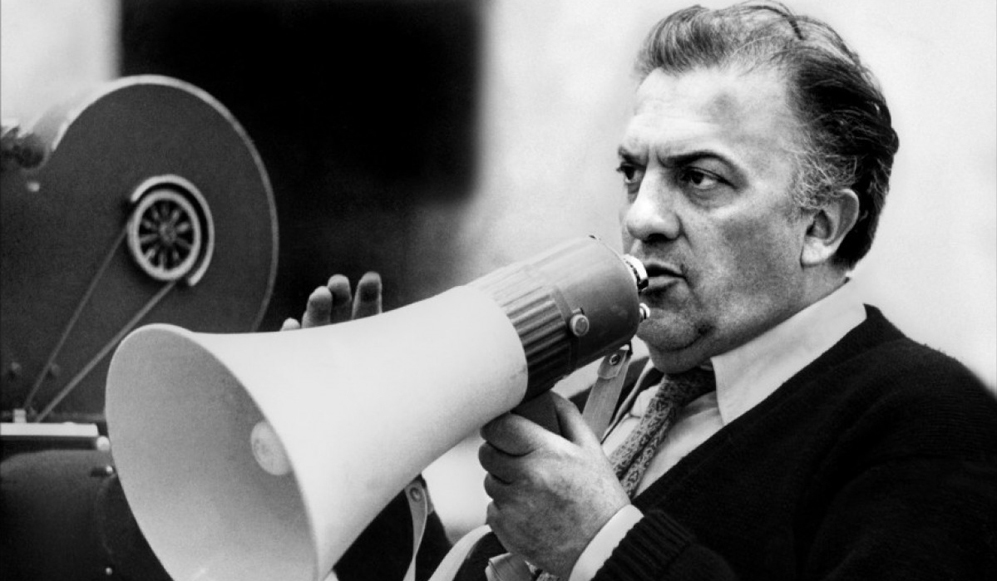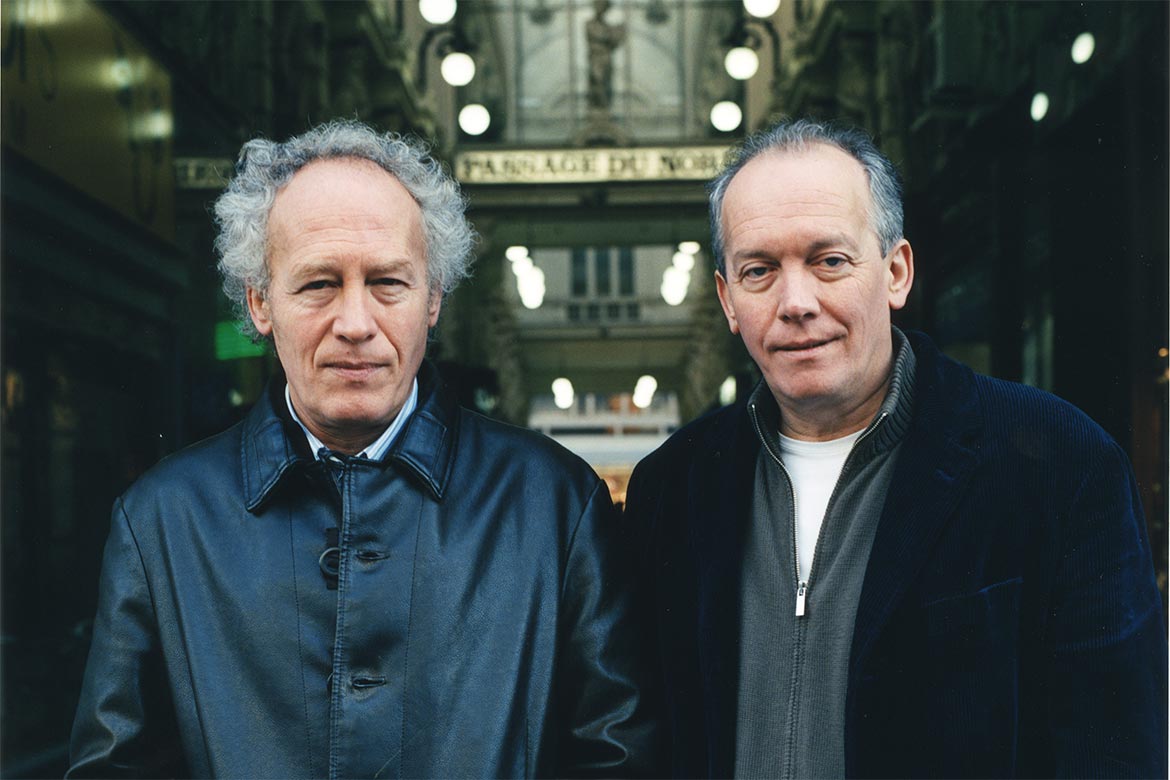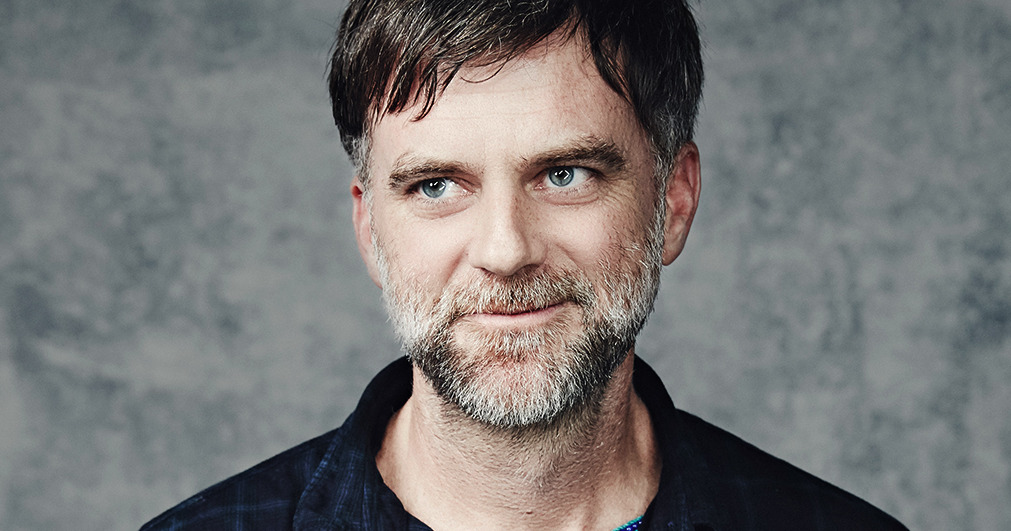6. Billy Wilder

Billy Wilder is one of the greatest filmmakers of the Golden Age of Hollywood; he wrote more than 80 screenplays, helping to shape cinema as an art form as being a constant landmark of what cinema could be as it highest form. He reflected in his writing the precision of his directing, or maybe it was his directing that reflected the precisions with which he created characters and stories.
He won the Academy Award for Best Screenplay three times, and was nominated more than 10 times. He also constantly collaborated to create scripts that perfectly melted a critical point of view and a humanistic one.
Wilder’s style was one of great precision; he is recognized for the way in which he managed to deliver information to the public. In later studies of his work, his style has been recognized for taking advantage of the information that the viewer knew and the character did not know to create emotional effects; this was indeed managed through the staging and camera work, but also through the structure of the film that Wilder built into the script.
Another great virtue of his writing style is the complexity of the characters, refusing to frame them as completely good or bad. He created complex characters with tension between their affections and their selves, thus allowing him to create complex psychological transformations.
7. David Lynch

The world of David Lynch has puzzled many generations since the release of “Eraserhead” in 1977; he has written and directed his films since that year and his style has remains as uncompromising and puzzling as in this first film.
Lynch creates a world of nightmares in his films where the line between reality and fiction does not exist; his tales are always extremely ambiguous and disturbing, but this is precisely what makes them so great. Many critics and scholars have regarded the works of Lynch as an exploration of the unconscious, but Lynch has consistently refused to explain his works.
In these films, we constantly see unreal episodes that do not have explanations, but indeed have an emotional effect on us; take, for example, the singing girl in “Eraserhead” or the dirt monster in “Mulholland Drive.” Another aspect that makes the films of David Lynch so great is their structure.
Take, for example, the circular structure of “Lost Highway” and the middle point in which the figure of the protagonist is subverted. The writing of Lynch is one of constant surprises and ambiguous symbols that reflect the dark and inexplicable aspects of our reality.
8. Federico Fellini

Federico Fellini’s career as a screenwriter lasted more than 50 years, in which he played a decisive role in the shaping of modern cinema, turning himself into a landmark of cinema, an obligated reference.
Through these years, his work experienced several facets, going from the neorealism of his early work to the symbolism of the ‘60s to the later small and personal productions that he made by the end of his career. He collaborated with some of the finest Italian screenwriters to create films that wonderfully melted the plastic and the literary, creating powerful metaphors of modern life.
It is extremely hard to summarize the writing style of Fellini in a few paragraphs: his language is one of extreme variety and several moments through the years. While there are moments of great abstraction that focus on the plastic aspect, such as the first scene of “8½,” while there are also simple moments of human emotion, such as the ending of “Nights of Cabiria.”
But the fact is that neither one of these different moments is completely free from the other; Fellini wrote with a deep understanding of film language and of human condition in each scene of his films.
9. Dardenne Brothers

The cinema of these two Belgian brothers is one of the most interesting proposals in contemporary cinema; they have renewed what social realism can be and created films that have been internationally praised.
The Dardenne brothers have a deeply humanistic approach toward cinema; they take special care in the way they build characters as their films revolve around them and the way they relate with the modern world. They have a very complete understanding of cinema and are known admirers of Robert Bresson, whose acetic cinema has influenced the way they write and film.
The perspective of the Dardenne brothers is one that is deeply critical of the human condition, but at the same time celebrates it. They create complex characters with many flaws, but show them to the viewer with such a detail and care that they manage to create profound empathy for them.
The writing of their films is so great because they do not rely on sentimentalism to create meaningful moments; instead they are able to relate the viewer to the characters for their actions. This allows them to create films in which the viewer understands a character as complex as a real human being, but with an understanding that is only possible through cinema.
10. Paul Thomas Anderson

Paul Thomas Anderson is one of the few modern filmmakers who has been able to work under a commercial scheme and at the same time keep a personal and uncompromised style for 20 years.
The films of Anderson are films that do not care for ambiguous and unsatisfying endings; he is not afraid of breaking conventions and creating tales with unique structures, sometimes with clear protagonists and sometimes with other techniques. He tackles the role of violence in life with a very critical and real approach, avoiding romanticism and showing it with all of its consequences and crudeness.
Another aspects that shines in the writing of Anderson are the characters; he is constantly displaying characters with complex inner world, full of vices and flaws. Whether it’s the sadistic and cruel Daniel Plainview in “There Will Be Blood” or the troubled Freddie in “The Master,” the characters are always ambiguous and hard to relate to. Sometimes it is precisely the intention of Anderson to create distance between the viewer and the character; as a modern filmmaker, these techniques allow him to create unique experience through the structure of his films.